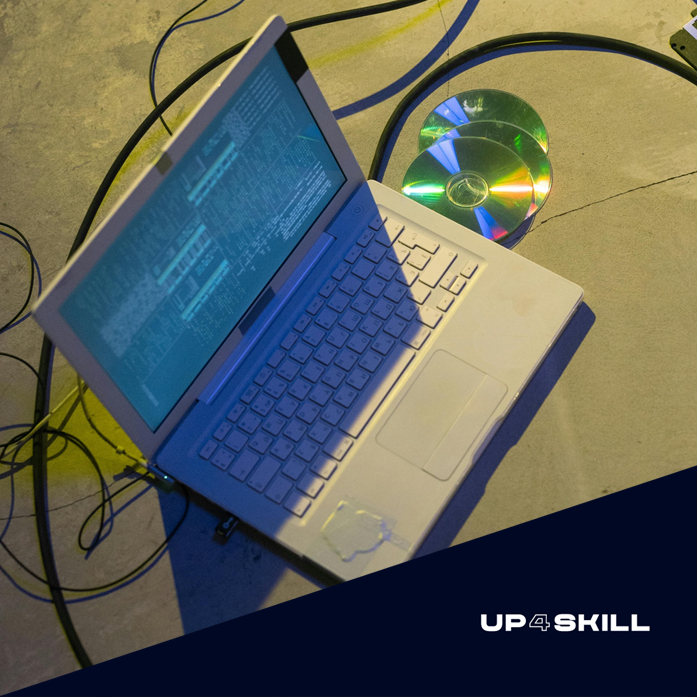The programme is intended for technology teachers, beginner engineers and anyone seeking to acquire theoretical and practical foundations of CNC programming. Participants are introduced step-by-step to CNC machine logic, coordinate systems, G and M code structure, and writing sequences. The course covers tool selection principles, cutting parameter calculation, and basic turning as well as 2D–2.5D milling examples. Combining theory with practice, learners will read technical drawings, plan operations, prepare programme sequences, create a functional CNC programme and test it in a simulation environment. Acquired skills will enable safe operation and compliance with manufacturing quality requirements.
phone +370 684 18247
email ramunas.cesnavicius@ktu.lt

Ramūnas Česnavičius is an associate professor at Kaunas University of Technology, Faculty of Mechanical Engineering and Design, Doctor of Technology, with more than 18 years of experience working at the university and more than 4 years of practical work experience in designing of mechanical systems, and also has many years of experience in teaching students Computer-Aided Design (CAD), Computer-Aided Engineering (CAE) and Computer-Aided Manufacturing (CAM) subjects.
Training for professionals in numerical plastic molding simulation, covering all process stages and defect prevention to optimise product quality.
On-campus learning / 6 ac. hrs.
K. Donelaičio St. 73
44249 Kaunas, Lithuania
phone: +370 (671) 36 146
email mvg@ktu.lt